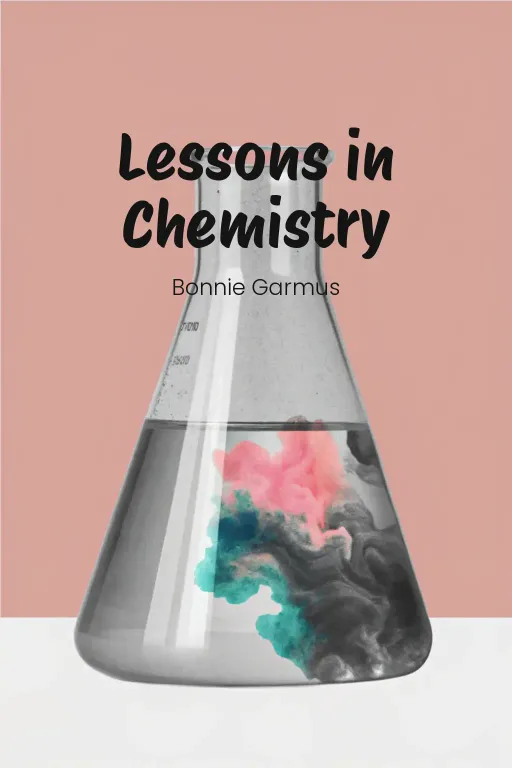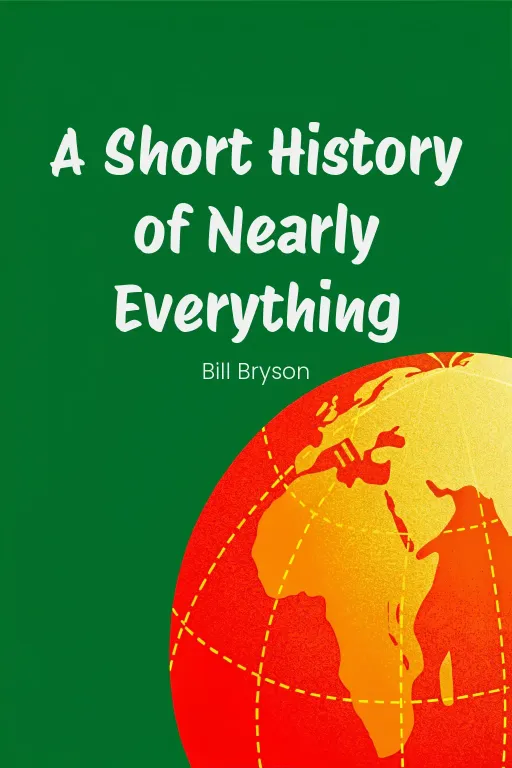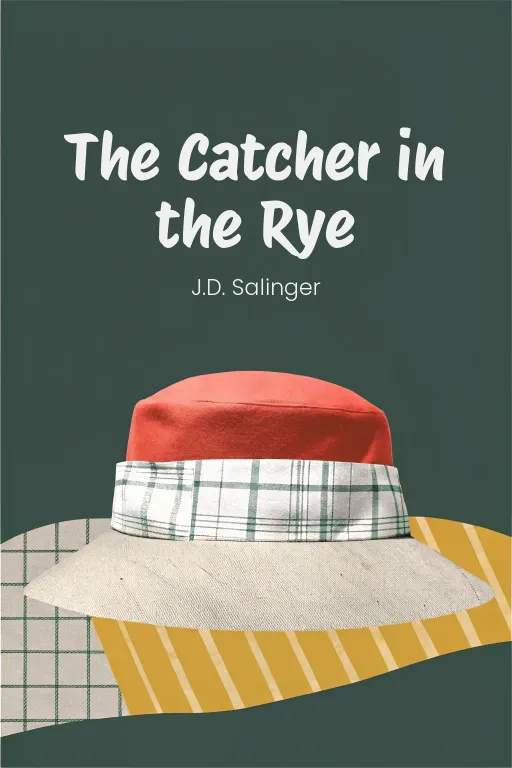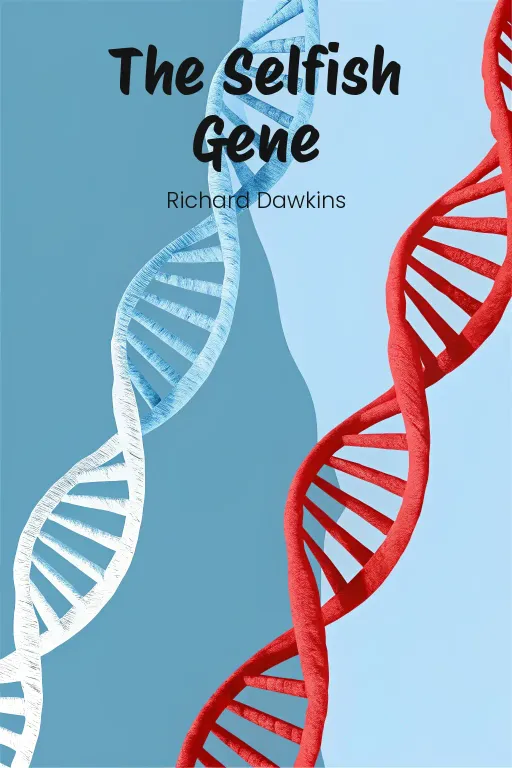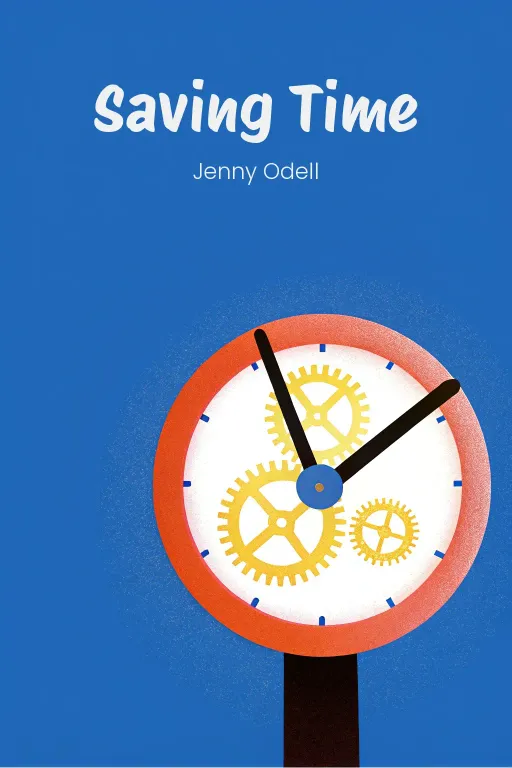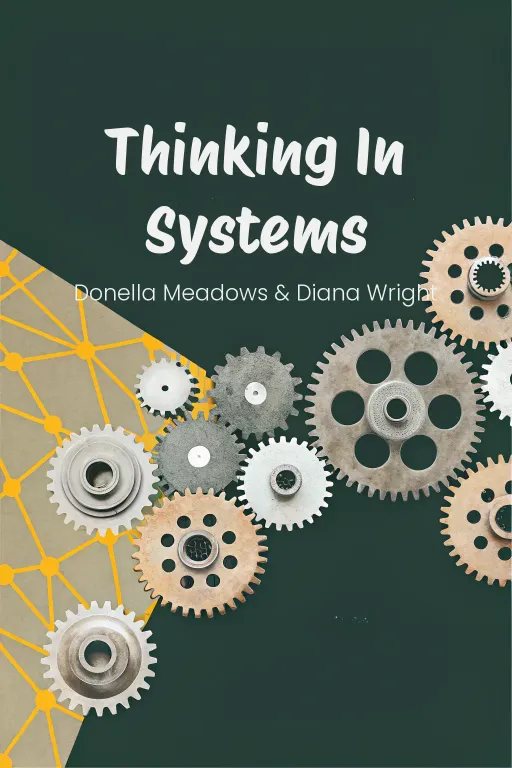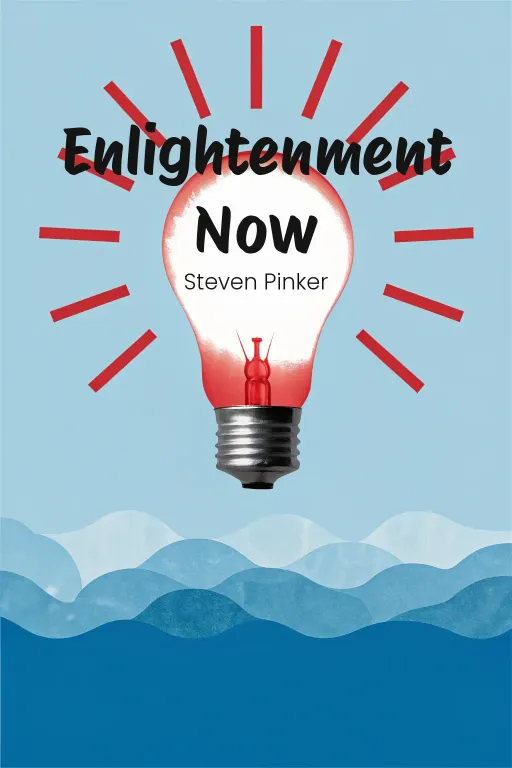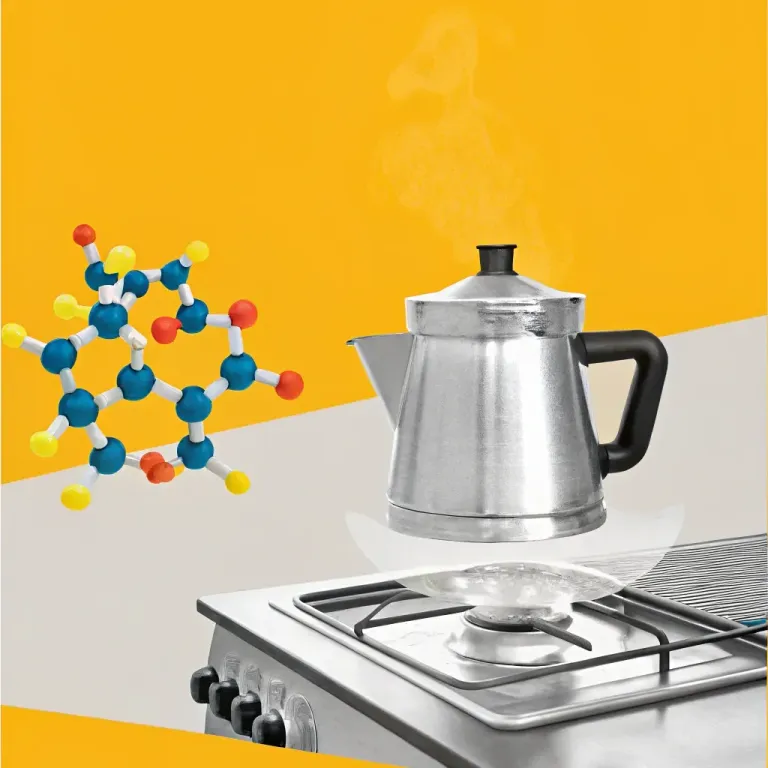
Kitchen Chemistry: Lessons for Life
Podcast by Timeless Pages with Shakespeare and Austen
A Novel
Kitchen Chemistry: Lessons for Life
Austen: "Chemistry," as our protagonist might say, "is change." Good day, dear listeners, Jane Austen here. Welcome to Timeless Pages, where we explore stories that resonate across the ages. Today, a rather modern tale: "Lessons in Chemistry." Austen: This novel follows Elizabeth Zott, a brilliant chemist navigating the deeply sexist world of 1960s American academia. After facing professional sabotage and profound personal loss, she unexpectedly becomes the host of a television cooking show, "Supper at Six." From this unlikely stage, Elizabeth uses her scientific knowledge not just to cook, but to subtly teach chemistry and empower her largely female audience, challenging the era's restrictive expectations. Austen: The most striking theme is the relentless societal effort to suppress female intellect and ambition. In the 1960s setting, Elizabeth faces blatant sexism – her research stolen by male colleagues, her potential dismissed, even losing her job simply for expecting a child. How familiar these constraints feel, echoing the dismissals talented women faced in my own time! Elizabeth's refusal to be silenced is remarkable. She transforms her cooking show into a subversive classroom, using chemistry to validate the intelligence of housewives society overlooked. This struggle resonates today. While overt barriers may have lessened, women still often battle skepticism, fight for equal recognition, and juggle immense pressure between career and family, reminding us that the fight for intellectual respect continues. Austen: What grants this modern tale such resonance? It’s Elizabeth Zott herself – a heroine of formidable intelligence and integrity who refuses pity or diminishment. Much like my own heroines found agency within strict social confines, Elizabeth weaponizes the very domesticity meant to trap her. I often used wit to expose society's flaws; Elizabeth uses scientific fact, turning her kitchen into a laboratory of quiet revolution. Consider this: Elizabeth took a platform seen as purely domestic – the cooking show – and used it for intellectual empowerment. Today, we see individuals using platforms often dismissed as frivolous, like social media or online videos, to spark serious debate and drive meaningful change. It shows the enduring power of a determined voice, regardless of the medium. Austen: May Elizabeth Zott remind us that life’s painful catalysts can produce remarkable change, like the chemical reactions she explained. Until next time, keep turning those timeless pages.
